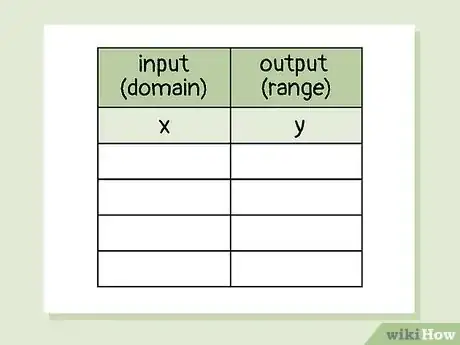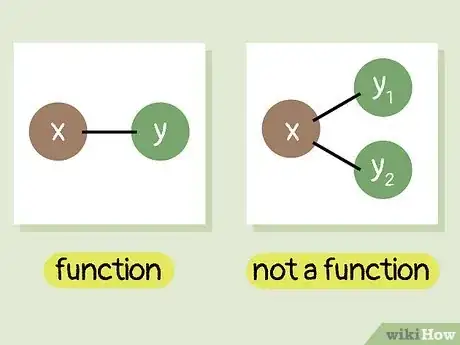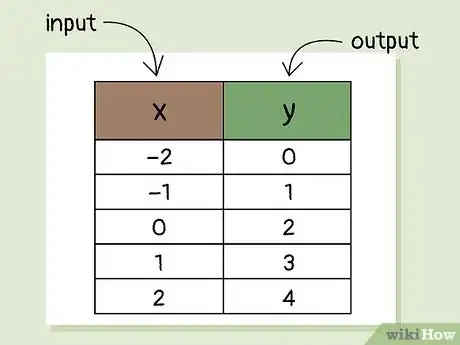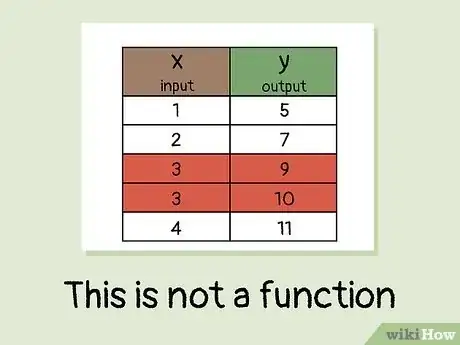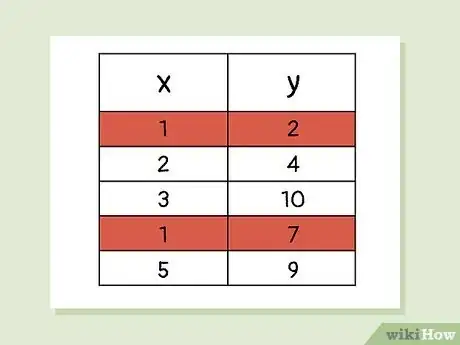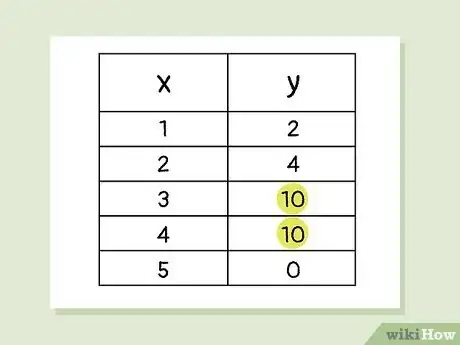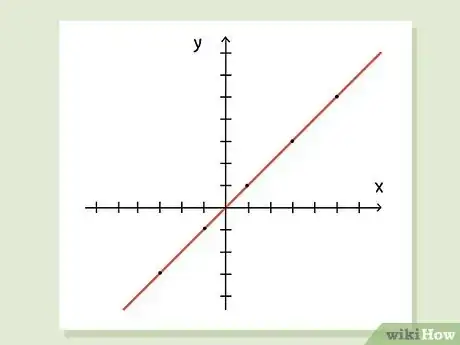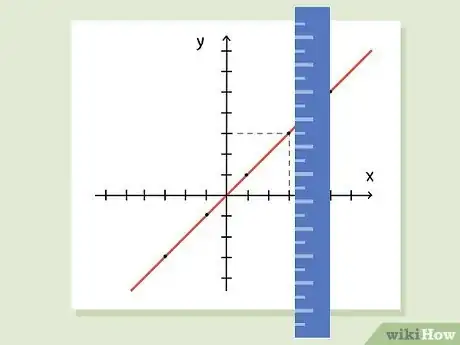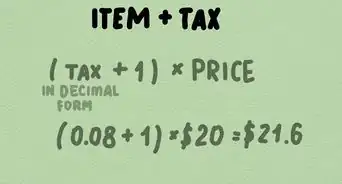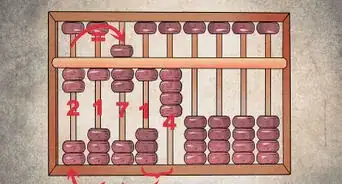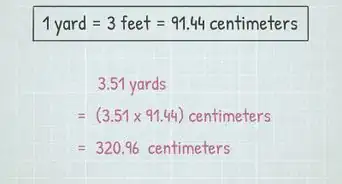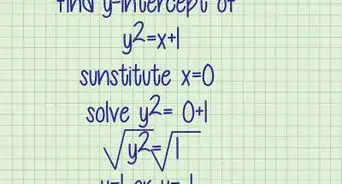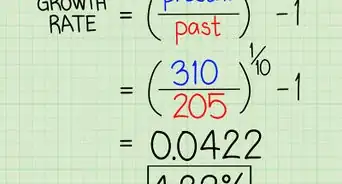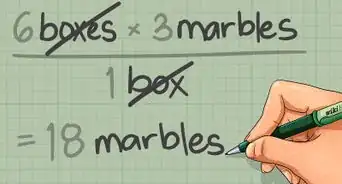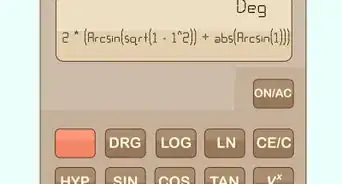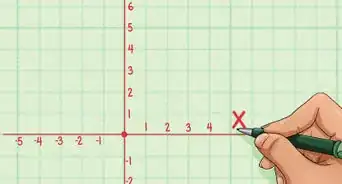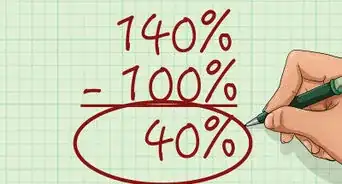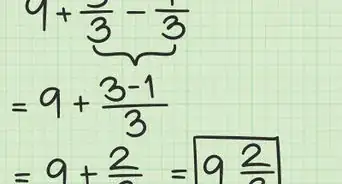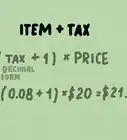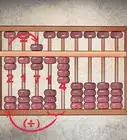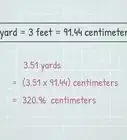Easy homework help for functions in algebra or precalculus
This article was co-authored by wikiHow staff writer, Kyle Smith. Kyle Smith is a wikiHow Technology Writer, learning and sharing information about the latest technology. He has presented his research at multiple engineering conferences and is the writer and editor of hundreds of online electronics repair guides. Kyle received a BS in Industrial Engineering from Cal Poly, San Luis Obispo.
This article has been viewed 2,276 times.
Learn more...
Do you need to determine whether a relation is a function? The process may sound difficult, but it's actually pretty easy. To know if a relation is a function, just examine the inputs and outputs. When you’re given a set of ordered pairs, check whether any inputs have multiple outputs. If so, the relation is not a function. You can also do the vertical line test to check whether a relation is a function. This wikiHow guide shows you how to know when a relation is a function.
Things You Should Know
- Relations are a set of inputs and outputs, often shown as ordered pairs or a table.
- Functions are relations in which each input has exactly one output.
- Check whether each input has one output to know if a relation is a function.
Steps
Definitions
-
1Relations are a set of inputs and outputs. The inputs (domain) are paired with outputs (range).
-
2Functions occur when each input has exactly one output. Different inputs can have the same output value. An input can not be assigned to multiple output values.
- If you’re looking for quadratic function information, check out our guides on finding the inverse and finding the max or min.
Evaluate the Relation
-
1Put your ordered pairs into a table. If you were given a set of ordered pairs, putting them into a table is helpful for checking if the relation is a function. Skip this step if you already have a table of inputs and outputs.
- Take the left value (the x value) of each ordered pair and place them vertically in the left column (input) of a 2 column table.
- Repeat for the right values (the y values), placing them in the right column (output).
-
2Check whether any inputs have multiple outputs. If an input has multiple outputs, the relation is not a function.
-
3Take a look at this non-function example. You’re given the following set of ordered pairs. Because the input 1 has two outputs, 2 and 7, this relation is not a function.
- (1, 2)
- (2, 4)
- (3, 10)
- (1, 7)
- (5, 0)
-
4Check out this function example. You’re given the following set of ordered pairs. Because each input only has one output, this relation is a function. Functions can have different inputs assigned to the same output. In this case, the inputs 3 and 4 have both been assigned to 10.
- (1, 2)
- (2, 4)
- (3, 10)
- (4, 10)
- (5, 0)
Vertical Line Test
-
1Plot the ordered pairs on a graph. Place a dot at each given ordered pair coordinate on an XY plane.
-
2Move a vertical line across the graph. Use a straight-edge (like a ruler or another sheet of paper) to move a vertical line (parallel to the Y axis) across the entire graph. If the vertical line hits two or more points at the same X location, the relation is not a function.
- In other words, if two or more points have the same X value and different Y values, the relation is not a function.
- The relation is a function if you move the vertical line across the graph without hitting two or more points at the same time.
